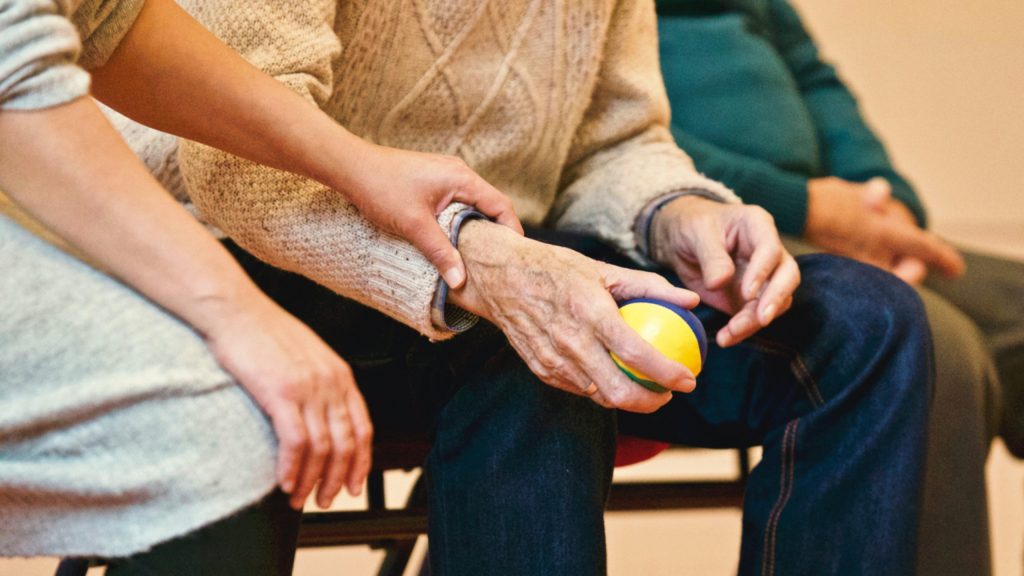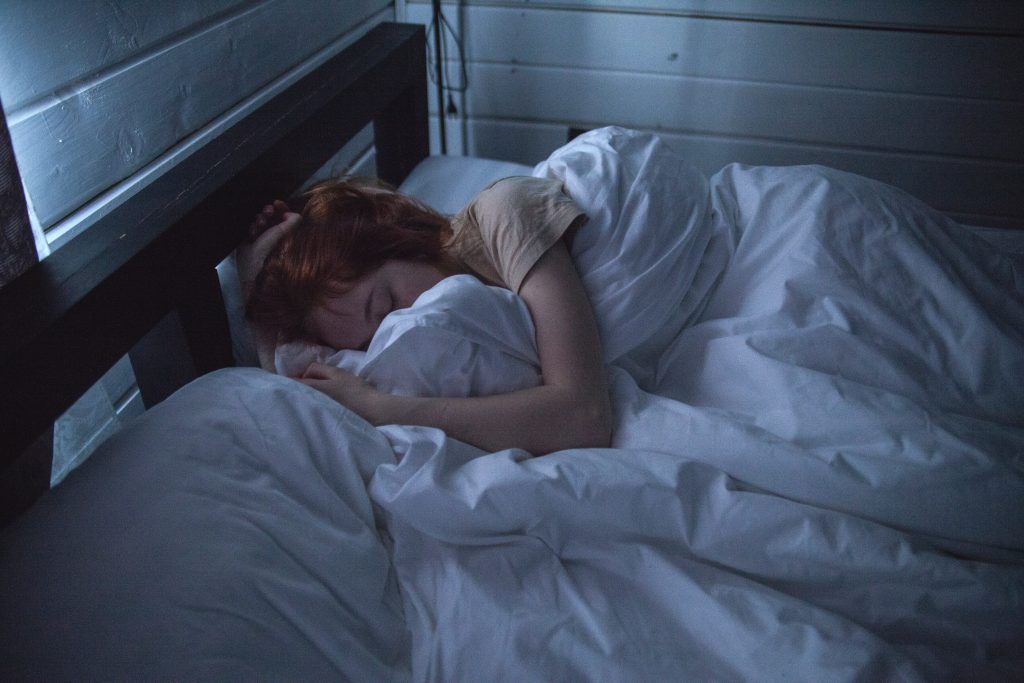Effective social care monitoring can help dementia patients live independently and safely for longer.
By providing discreet, unobtrusive monitored sensors, we can act quickly and effectively if a person needs support or emergency assistance.
Find out how below.
What is social care monitoring?

Social care monitoring involves placing a series of sensors and alarms in a property that links to an Alarm Receiving Centre (ARC). If one of the sensors or alarms is activated, a trained ARC operator will attempt to speak to the individual to see if they are safe or if they need assistance.
If assistance is needed, our team will call a predesignated escalation list, usually starting with a nearby family member or friend who can go and offer assistance.
If the situation is an emergency, our operators will call the emergency services and then contact a family member or friend to make them aware of the situation.
The ARC operator is able to stay in contact with the individual throughout this process to provide reassurance and support if needed.
The sensors we can place around a home are:
- Personal pendant
- Bed sensor
- Heat detector
- Flood detector
- Movement detector
Let’s look at each sensor in more detail.
Personal pendant
Most people are familiar with a personal pendant. Usually worn around the neck or on the wrist, a personal pendant can be a lifeline to people suffering from dementia.
If the wearer becomes confused, scared, or injured they can press the button and speak to an ARC operator directly. The ARC operator can then either provide reassurance or call a family member or the emergency services to assist, whichever is most appropriate.
Dementia can often affect a person’s mobility, so falls become more likely. So, the pendants are especially useful if the wearer does fall and cannot reach a phone to call for help.

Bed sensors
Bed sensors are comfortable pads that go underneath the bottom sheet of your bed. If the individual does not get up in the morning, an alert will be triggered. This will enable us to ring a close family member or friend to go and check if the individual is OK and provide assistance if needed.
This sensor particularly useful if the individual is struggling to get out of bed or if they become suddenly ill in the night.
The sensors can be set to a specific time to allow for both early risers and night owls.
This is a very discreet sensor that most people will never know is there. But it can provide peace of mind to both the individual and their families.
Heat detector
Heat detectors are very useful in properties where the residents might not hear a smoke alarm, or the smoke alarm might be too sensitive.
For example, placing a heat detector in a kitchen can reduce false activations of a smoke alarm (as smoke is often generated in a kitchen), whilst still providing protection from fire.
A heat detector will alert the residents and the ARC if the temperature rises rapidly in the property, indicating a fire.
It will also alert the ARC if the property becomes far too hot. This is useful if the resident doesn’t have the cognitive ability to regulate the temperature safely in the home.
Flood detector
One of the most common effects of Dementia is memory impairment, which can easily lead to floods from the bath or sink.
A flood detector is usually placed in the basin, sink, or bath and will immediately alert the resident if the water reaches a dangerous level.
If no one responds to the alert, the ARC will be alerted and we can follow one of the usual escalation processes; contact the resident or contact a family member or neighbour.
Movement detector
A movement detector is a method of social care monitoring that can provide peace of mind to both family members and the individual.
If a decrease in movement is detected for a long time, an alert will trigger in the ARC which allows us to check on the wellbeing of the person. This won’t trigger an alert after a short amount of time. So don’t worry, the person won’t be bothered every time they relax for a few hours. But if movement has not been detected for several hours it could indicate that assistance is needed.
Why does social care monitoring matter?
There are currently 850,000 people in the UK living with some form of Dementia, according to Alzheimer’s Society. 45,000 of those people are under the age of 65. These alarms can enable people to live independently for longer whatever their age and produce peace of mind for their families.
Dementia can be a slow progressing disease that affects people differently at different stages. Some may be able to live independently for a long time with only a few adjustments.








